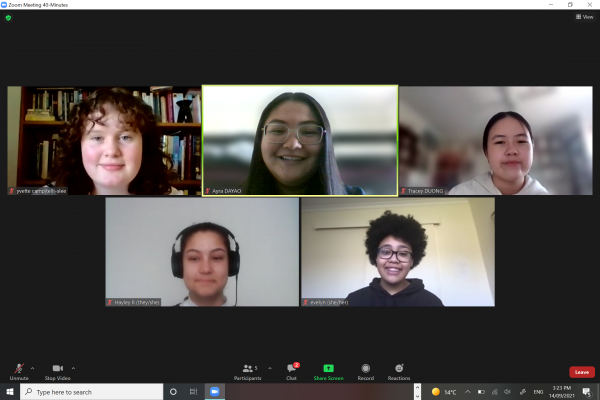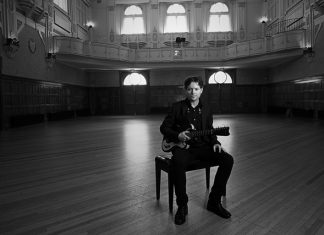
By Selina Zhang, YMCA Youth Press Gallery
The Neurodiversity Education in Schools Bill, sponsored by a group of Year 11 students from
Hoppers Crossing Secondary College, was passed last week in Victoria’s 2021 Youth Parliament.
Ayra Dayao, Evelyn Garcia, Yvette Campitelli-Slee, Tracey Duong and Haley Reginio, all 17, advocated
for the establishment of a Neurodiversity Educational Body, which will institute a curriculum
promoting greater understanding and acceptance of neuro-divergences.
While drafting their Bill, the team not only realised many schools had no programs or policies
implemented to support the education of neuro-diverse children, but there was also a lack of
knowledge among neurotypical teachers and students about neuro-divergences. This, they said, has
often led to ableism, and a neglection of neurodivergent learning.
Going into the parliamentary debate, their aim was for primary and secondary schools across
Victoria to meet a higher standard when it comes to supporting neuro-diverse education, so as to
create a safer and more inclusive learning environment for neuro-diverse students.
“Because there’s a lot of stigma that is pushed onto people who are part of the neuro-diverse
community,” said Haley.
Although the refuting team underlined various practical and technical flaws with the Bill, the debate
saw members from both sides recount how their own neuro-divergences were viewed by school
communities as hindrances to their learning.
“I was called ‘wise beyond my years’, but I was also called ‘difficult to understand.’ This is because of
the lack of education surrounding autism, in females specifically,” said one parliamentarian.
During the debate, the Hoppers Crossing team therefore highlighted how their Bill aimed to make
professional development relating to neuro-divergences more accessible for teachers. They argued
how, whilst such programs are available, they are optional and few in number, resulting in education
providers feeling no sense of urgency or commitment to strengthening understanding of neuro-
diversity.
By advocating for more in-person professional development, which will focus on fostering respectful
and supportive relationships between neuro-diverse students and their neuro-typical peers and
teachers, the team emphasised the positive impact teachers, with the adequate training and
understanding, can have upon their students.
“Because I think all teachers want to build an inclusive classroom for their students,” Yvette
contended.
Following on from this, the team believes debating their Bill in Youth Parliament has spotlighted a
continually underrepresented issue in Victoria’s education system.
“I honestly don’t think that government really talks about it enough,” stated Evelyn.
Whilst legislation such as the 2005 Disability Standards for Education and 2010 Equal Opportunity
Act have been in effect for many years, she argued that these “aren’t efficient at all.”
The team viewed presenting their Bill (albeit virtually) in front of 120 young people as a valuable
opportunity to not only strengthen their confidence and leadership skills, but also as a catalyst for
change.
Regardless of whether their Bill is eventually passed by the Victorian government or not, they hope
their audience nonetheless came away from the debate thinking, “this is something that needs to
change”, and will be able to recognise the need to improve their own school’s neurodiversity
programs.
Selina Zhang is a member of the YMCA Youth Press Gallery.






